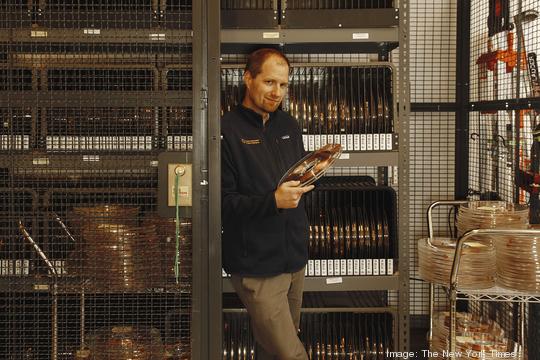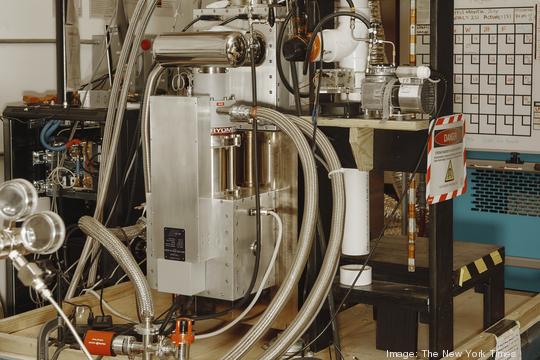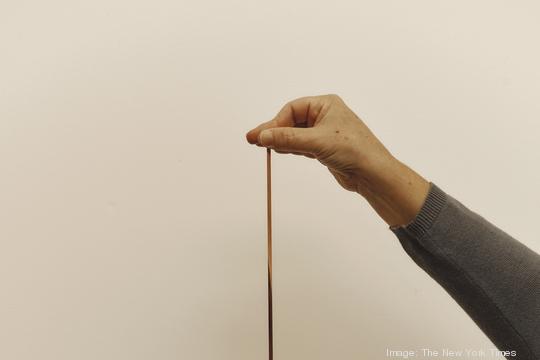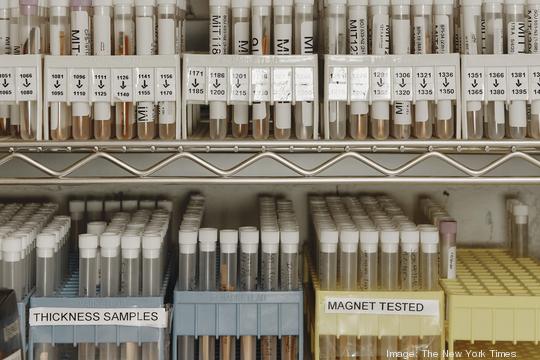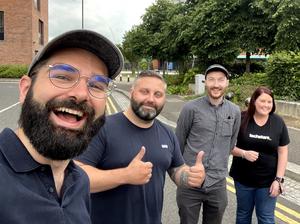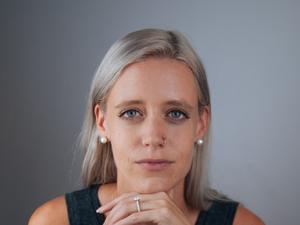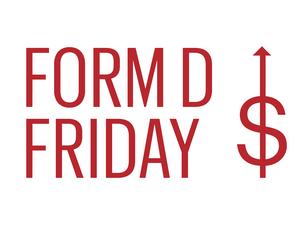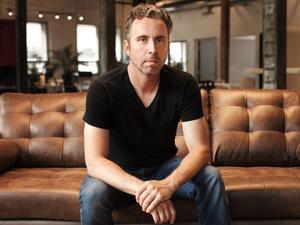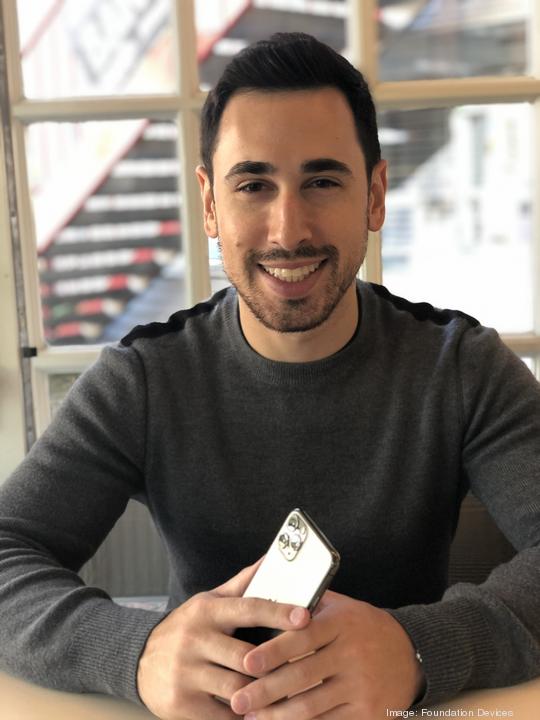
Bitcoin and other cryptocurrencies have no physical form outside of the digital realm. But one Boston startup that just raised seed funding is making the case that to store Bitcoin, users need a physical wallet — a hardware device roughly as big as an old-fashioned cell phone.
Foundation Devices Inc. is a startup born of the pandemic. Zach Herbert, an engineering graduate from Boston University, left his job at crypto startup Skynet Labs in April last year to launch the company with his three co-founders. At the time, he had only $70,000 committed from investors.
But for all the chaos caused by the pandemic, Herbert said Covid became the catalyst for his company's growth.
"You're sitting at home, you're not going to work anymore, you're thinking about what you want to do," said Herbert, CEO of Foundation Devices. "In that sense, it was kind of like, why not? Why should we wait any longer? The world was going crazy. Let's also do something crazy."
Herbert and the crew had reason to believe that the price of Bitcoin would go up, so they wanted to go to market as soon as possible. They raised a pre-seed round last year and closed $2.5 million in seed financing with leading investor Bolt — a first round investor in Desktop Metal Inc. (NYSE: DM) — last June. In the past six weeks, they've expanded the team to 10 full-time workers, mostly based in the U.S.
The battery-powered hardware wallet that Foundation Devices started shipping in May is called Passport. The device, now on sale for $299 (or 0.0066 Bitcoin), has a keypad, a camera on the back and a microSD card slot at the top. On a scale, three Passport devices weigh one pound.
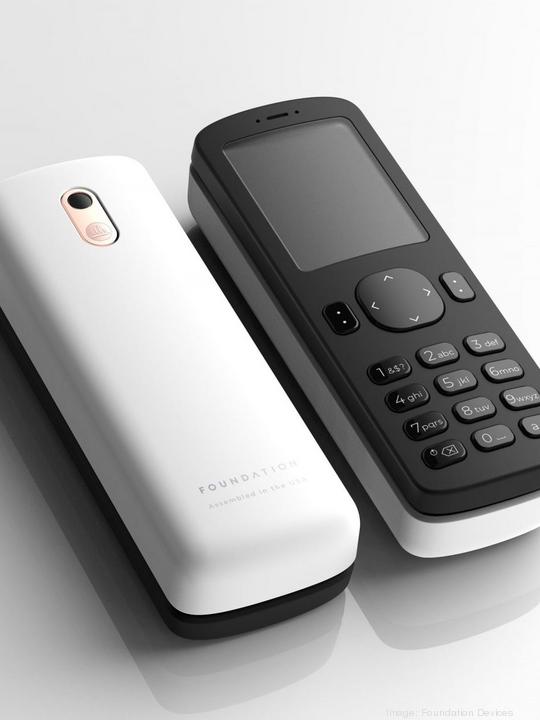
Assembled in the U.S., the device can only be used to store Bitcoin. Passport never connects to the Internet, which is why "we can make it extremely secure," Herbert explained. "The only way to get data in and out of Passport is with a camera and a screen to display QR codes or with a microSD card."
But why a bespoke device to store Bitcoin? Herbert realizes that many users buy their Bitcoin on an exchange like Coinbase and then just leave it there. "That defeats the purpose of having a decentralized currency. That's supposed to give people sovereignty. You're really supposed to hold it yourself. It's what really gives you freedom as a user," he said.
Like any physical wallet, Passport can be stolen, damaged or lost. That's why SDmicro cards can be used to create an encrypted backup of the device, Herbert said. There's no limit on how much Passport can store, but for sums worth over $200,000 Herbert recommended using multiple devices — a more sophisticated setup called "multi sig," or multi-signature.
Herbert, 29, is the first to admit that Passport "looks like an old phone." He wanted Passport to be as intuitive as possible, but he also had to make trade-offs between security and user experience.
"A lot of those design decisions are governed by the ideals of being as open and transparent as possible," he explained. "For example, we use a screen that actually does not have any chip that's inside of it."
As its name implies, Foundation Devices plans to expand its product suite. In the future, it wants to give people the ability to store their own data and have total ownership over their digital lives. "That will necessitate building a whole suite of hardware and software offerings that are privacy preserving, that are open source, that embraced technologies like Bitcoin," Herbert said.
